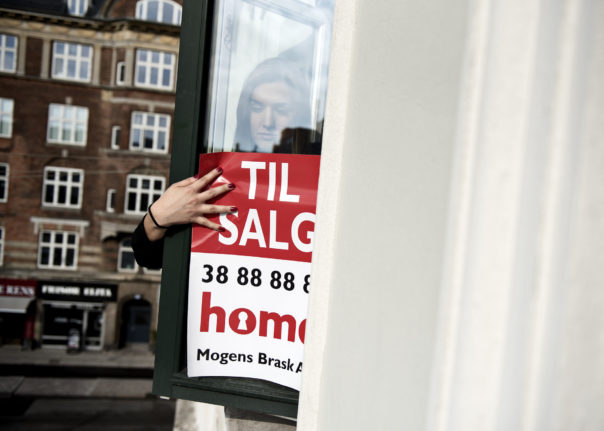The Covid-19-hit years of 2020 and 2021 saw house prices saw in Denmark before a cooling-off period which began in 2022, but property prices have begun to recover towards the previously high levels, real estate site Boligsiden reports.
Data from estate agents collated by the media show the trend of rising prises.
House prices increased by 1.2 percent between April and May with both detached and semi-detached houses having gone up every month this year.
That has brought the average house price in Denmark to its highest level since September 2022.
“Overall we have today a housing market which is doing well and is in better shape than many of us expected,” Boligsiden’s director and real estate economist Birgit Daetz told news wire Ritzau.
A primary reason for the trend is a stable financial situation in many Danish households, she explained.
High employment, salary increases related to inflation, and savings levels are all relevant factors.
“Additionally, interest rates were recently cut and that will have a positive effect on the property market, all else being equal,” Daetz said.
“This is why the expectation is also for house prices to increase further in the coming period,” she said.
READ ALSO: How Danish mortgages could be affected by ECB interest rate cut
In contrast to houses, apartments have seen a more restrained price trend, in part due to the impact of new property taxes on valuations.
Nevertheless, apartments also saw a 0.5 percent increase in average price between April and May.
“The apartment market has surprised us recently because it has had the biggest property tax increases. That’s why the expectation was that prices would fall as a result,” Daetz said.
“But in the last few months we have also seen increasing trades and prices on apartments. The relatively low supply also plays a role here because there seems to be demand for the few apartments that go on the market,” she said.
READ ALSO: Denmark’s new property tax rules from 2024



 Please whitelist us to continue reading.
Please whitelist us to continue reading.
Member comments